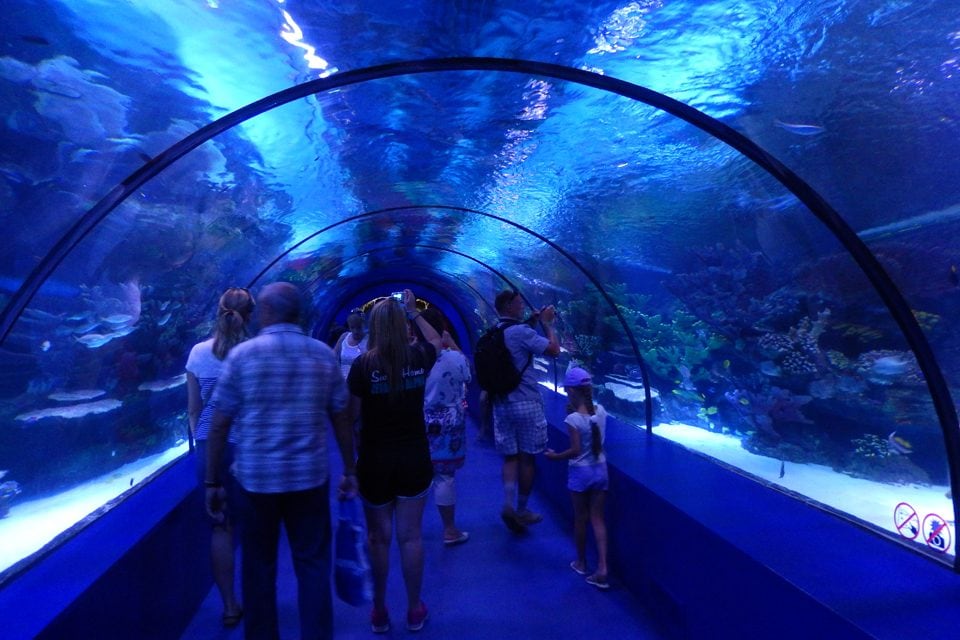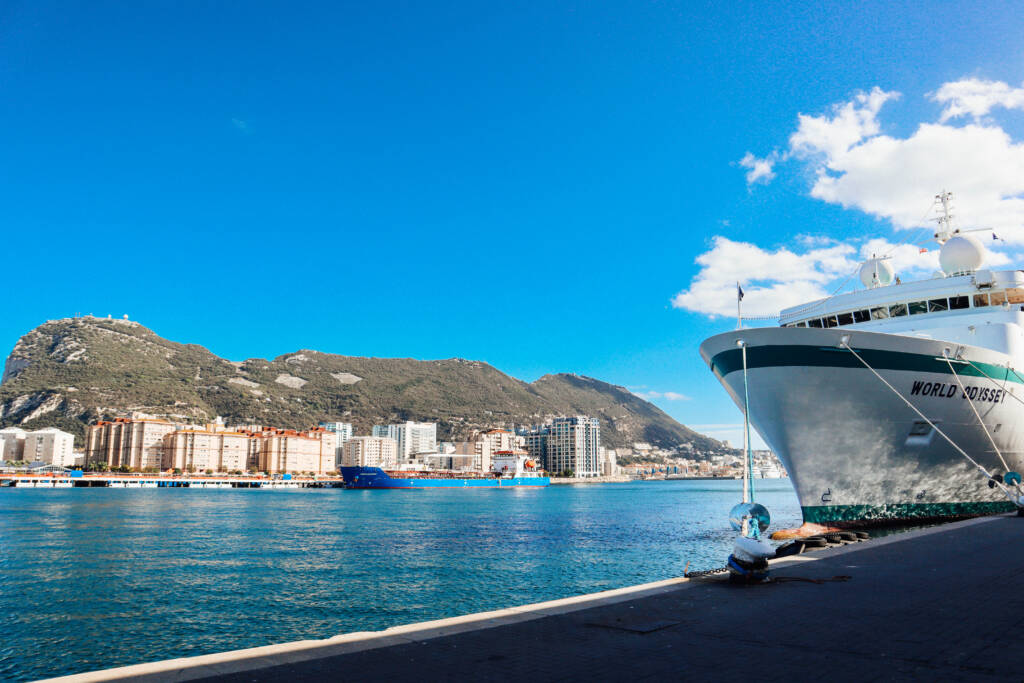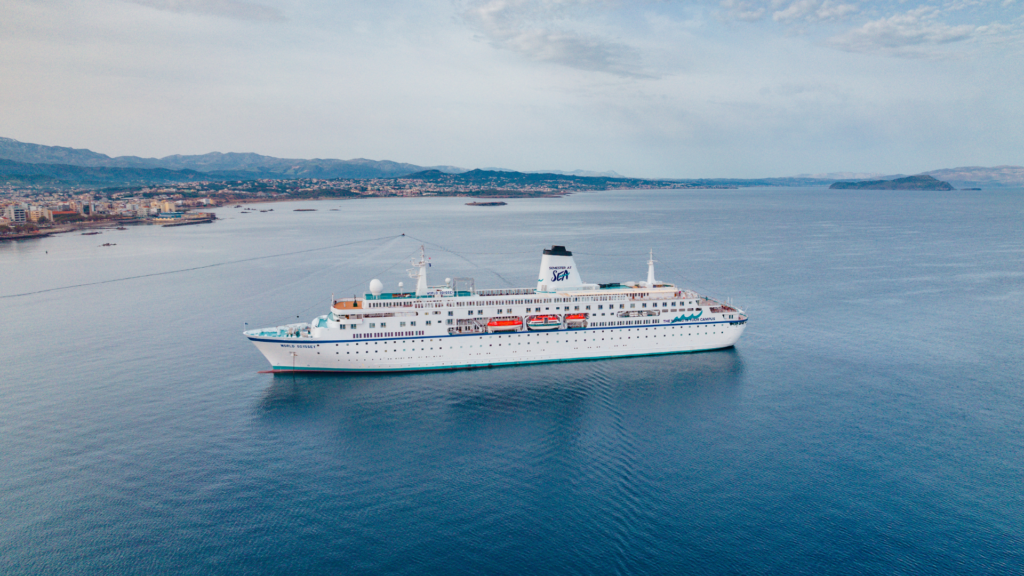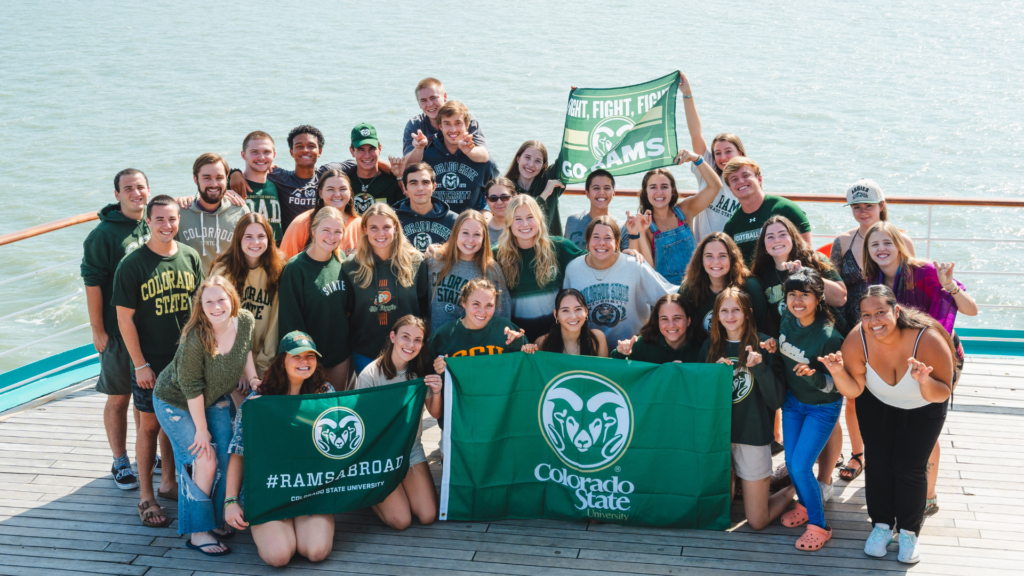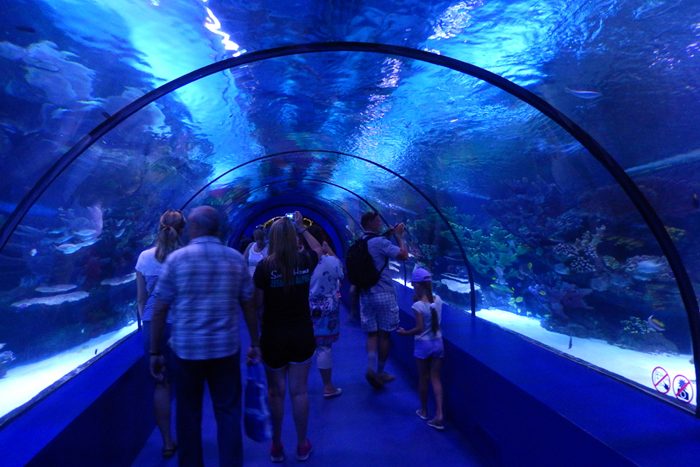
While visiting Antalya, Turkey, students of Sal Genovese’s Marine Conservation Biology Class were introduced to a variety of timely and topical conservation issues.
Dr. Genovese, Director of Northeastern University‘s Three Seas Program and MS in Marine Biology Program at the Marine Science Center in Nahant, MA, selected four Antalya sites to conduct the field lab, with a focus on the Antalyan ecosystem:
- The Anatalya Aquarium: Students surveyed the organisms with special attention to life history strategies, trophic level, status and threats to population health.
- A local fish market: To survey organisms and to gather information on sourcing.
- The Waste Treatment Plant: To understand how sewage is transferred to the marine environment.
- Lara Beach: Observation of near-shore beach habitat to survey and assess the health of the benthic community.
Professor Genovese’s Marine Conservation course examines marine conservation biology from two major viewpoints: “the organisms being impacted and the anthropgenic stressors these organisms face.”
During course work, students explore the major environmental issues facing the marine ecosystems worldwide, such as urban sprawl, exotic species, overfishing, nutrient pollution, climate change, chemical pollution and oil spills, offering students a fresh perspective on pertinent issues of Marine Conservation.
“For example, sharks have very few young,” said Professor Genovese. “Typically parents have lots of investment in their young; their investment is in the form of better eggs for them. When sharks are overfished, its tough for them to come back quickly, and this has an impact on the ecosystem.”
Prior to participating in the field lab, Professor Genovese's class reviewed a survey of marine life while examining the kinds of threats marine life are facing. “I chose the aquarium as a way to see the animals and how they interact with the environment.”
With the ultimate goal of the course to encourage students to “become life-long advocates for the preservation of marine biodiversity and biomass in the face of increasing anthropogenic impacts,” students majoring in marine biology appreciated the opportunity to engage in the timely field lab.
Stephanie Staeile, a Marine Safety Environmental Protection Major currently studying at The Massachusetts Maritime Academy, whose professional goals are to become a Marine Safety and Environmental Officer, sees great value in participating in the Marine Conservation field lab.
“The labs are awesome because we can take what we learned in class and what we learned in other classes and apply it to the course. Last semester we covered waste water treatment centers and now I am actually going to one. So we learned application of things we learned in class, and actually learning where they apply and bringing them back to the classroom.”
Erin Day, who is majoring in Marine Biology at The University of Hawaii, holds a special interest in participating in field labs pertaining to issues of marine biology. “I’m really interested in the conservation side of the marine environment. It’s my dream to work with dolphins, so it’s really interesting for me to find out how they treat all this stuff so that it doesn’t affect the water.”
